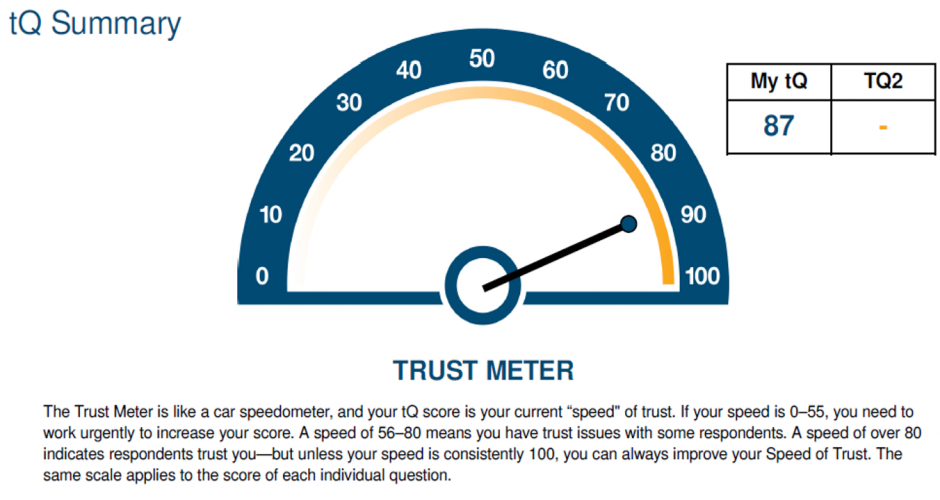This is not a post about the systems of school improvement, the Science of school improvement if you will. This is more about the culture of school improvement. The art, if you will. It reminds me of the lessons presented in Legacy – James Kerr, the best-selling expose of All Blacks Culture. It is an easy read and re-read.
Legacy is a unique, inspiring handbook for leaders in all fields, and asks: What are the secrets of success sustained success? How do you achieve world-class standards, day after day, week after week, year after year? How do you handle pressure? How do you train to win at the highest level? What do you leave behind you after you’re gone?
It is, all about the quality of the questioning.
Waiho kia patai ana, he kaha ui te kaha
Let the questioning continue; the ability of the person is in asking questions
As I come to the end of my first year as headteacher, I can see the benefit of taking charge of the transition from one academic cycle into the new cycle.
Where does a new cycle start?
It is that sticky time of the academic year where you are assessing the past year, to inform the new. Where one improvement plan is drawing to a close and a new plan is already in development. It gave me pause for thought, is education the only setting where the transition (start:end points) is separated by six weeks and a defining results series? A terminal data point, whereby the response can on be retrospectively employed, with only a few days to respond. This certainly feels like a system flaw or disadvantage.
2017 into 2018
On this occasion, our school has benefitted from a recent inspection in May. The inspection team, contributing a hefty insight to our self evaluation. We reviewed our 2016-17 improvement plan and planned pencilled our priorities for our 2017-18 improvement plan aligned to the organisational plan, assessed our staffing plan, premises plan, accounted for our financial plan, mapped our short-comings, well aware of blind spots and conscious of our own organisational snow blindness, unknown-unknowns. With that, we welcomed our new Year 3 and moved up our Y11 and Y12.
New Normal
I have repeatedly quoted Dr Jill Berry concept of inheriting and inhabiting leadership. One could argue that the first annual transition, is a secure marker of moving to inhabiting.
The first presentation to parents focused on summit fever. An attractive, yet often perilous ambition to race to the summit. Rather than race to the top, we set the schools sights and committed to four strategic (primarily processed focused) priorities and a measured climb towards excellence. In reflection, it was our focus and solidarity that culminated in the affirming Inspection Report.
With our first whole school, new school, assembly pending, I had been thinking about what I wanted to say to students for a good few weeks. With three out of four areas of the school graded Outstanding, the pursuit of excellence, was the only option. The final assent. Therefore who or what exudes excellence. Whom needed to hear the message the clearest. In our context and learning data, the Year 8, 9 and 11 boys have the greatest capacity to improve. The sixth form, the greatest leadership responsibility and cultural influence.
Olympians, not enough “us-ness,” Mountaineering teams? Ties in with the summit theme… What about the amazing public service teams we have all seen at work recently? Marines? Too aggressive. Apollo 11 (not contextually appropriate).
The theme for our assembly was unashamedly borrowed from within. The CEO (from the Southern hemisphere, presenting at Twickenham) had to mention the All-Blacks. That provided the team, the leadership of it’s celebrated captain Richie McCaw, the individual, personal qualities, input. That and his interviews often presented the critical quality of “divine discontent.” The attitude to learning and growth that is never satisfied with past achievements, always searching for the next challenge and the “perfect game.” It also echoed the themes of James Kerr’s book.
Following a serious allocation of reading and Youtube watching, I managed to combined both our organisations messages, include our inspection AFIs (area for improvement) and the revised expectations – a “New Normal.” I presented to students, and staff, a message of raised expectation, of humility and personal responsibility and commitment.
Sweep the Shed
The message heard the loudest – ‘Sweep the Sheds.” At the end of the assembly two Year 9 students offered to help put the chairs away.
Later in the week, I wrote to our parents
My genuine thanks to those students who offered their assistance today and helped “sweep the school.” I know that Mr Ryder our new Premises Manager was struck by your sincerity and support.
Mr Ryder was weeding the border of the astro turn. Two students stopped to help. By the end, a large group of boys had filled their third tub. The outside locker area looks tidier. The large open plan learning spaces were left clear and above the staff sink area – a message. “Please Sweep the Sheds. Thank you.”
Managing those last weeks of the year, preparing for the start of the new academic year are not to be taken for advantage. I get the sense, that I have as much to learn from managing the start of my second year, as I did my first. Second, I have made a real effort to appraise the final weeks of the summer as looking back should inform next summers programme.
In case you were wondering, the other four “New Normal” messages were;
Follow the spearhead – promoting collective action
Champions do extra – used to promote personal responsibility and commitment
Keep a blue head – converted from performance focus to classroom focus
Leave the jersey in a better place – used to promote a collective responsibility from all stakeholders to improve the school
Te timatanga o te matauranga ko te wahangū, te wāhanga tuarua ko te whakarongo
The first stage of learning is silence; the second stage is listening



Pingback: Behaviour is catching – atarimae – Edventures